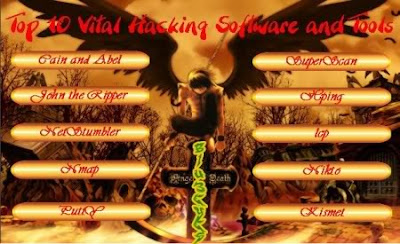Httrack is a free program (freeware) used to copy all contents of a website ranging from directory, files, pictures, videos and all the files into a local file (your hard drive) in the same directory as link from web site that you downloaded , All the parts that you have downloaded will be able to be opened offline.
To be able to use Httrack, the first thing to do is download the HTTrack program . Please download here : Download HTTrack Website Copier or directly go to www.httrack.com
HTTrack Website Copier, is an Offline Browser runs on Windows and Unix
Copyright (C) Xavier Roche and other contributors
The HTTrack web tool is free software, we can redistribute it and/or
modify it under the terms of the GNU General Public License
as published by the Free Software Foundation.
Download , install, and go to the "Help" menu for the instructions, how to use HTTrack..
HTTrack! is a free [GPL-libre-freesoftware] and easy-to-use offline browser utility.
The program allows you to download a World Wide Web site from the Internet to a local directory, building recursively all directories, getting HTML, images, and other files from the server to your computer. HTTrack arranges the original site's relative link-structure. Simply open a page of the "mirrored" website in your browser, and you can browse the site from link to link, as if you were viewing it online. Hatrack can also update an existing mirrored site, and resume interrupted downloads. HTTrack is fully configurable, and has an integrated help system.



